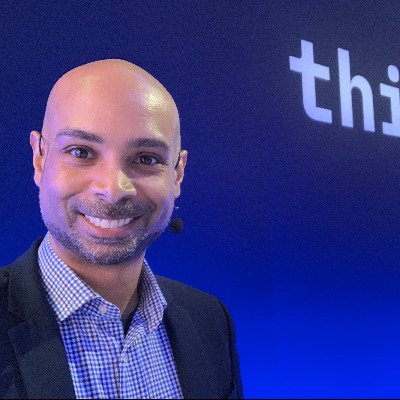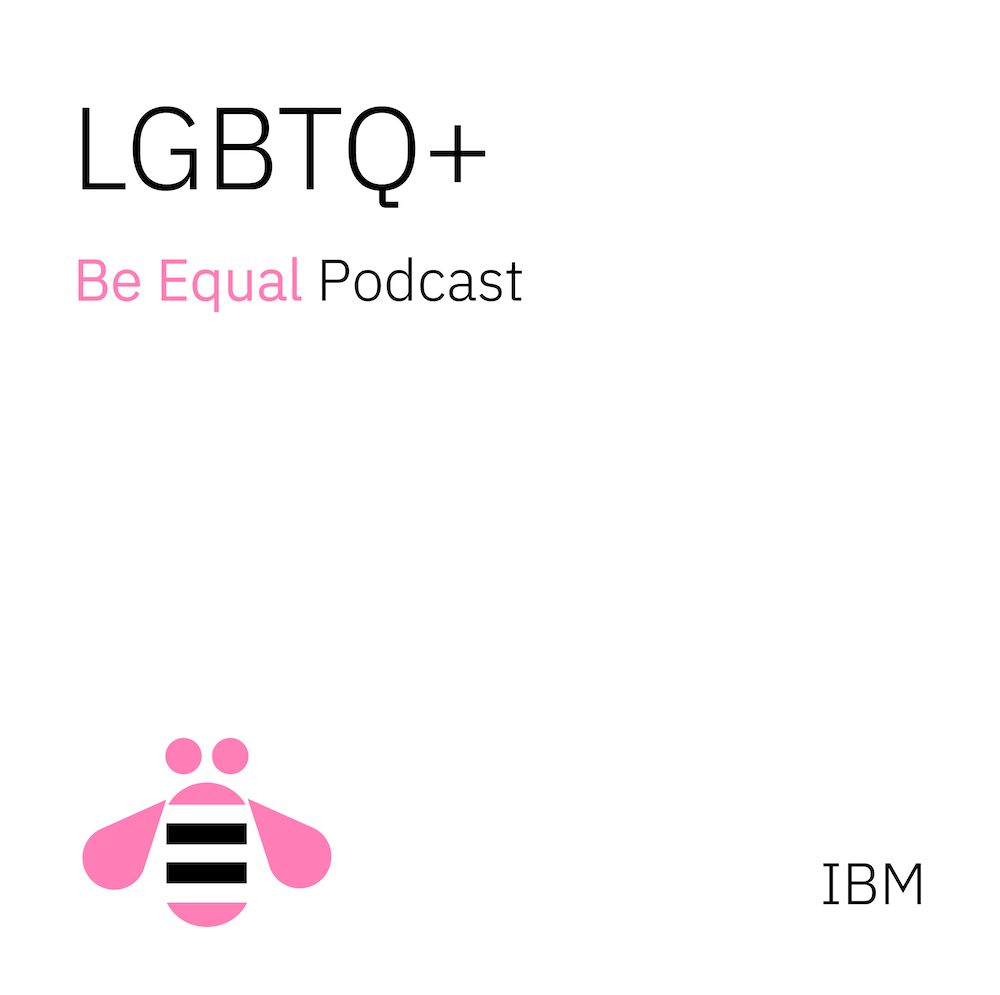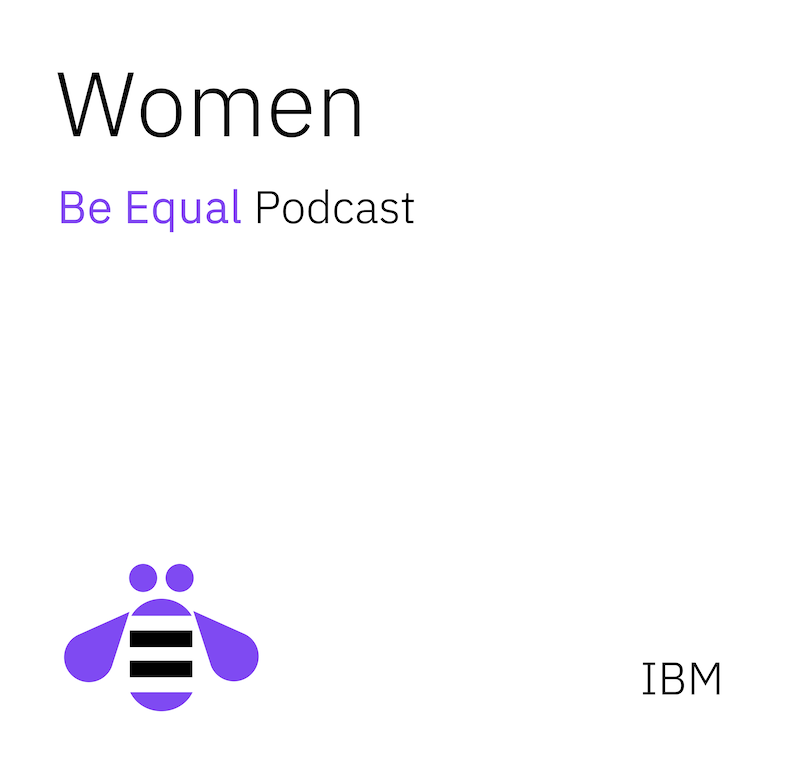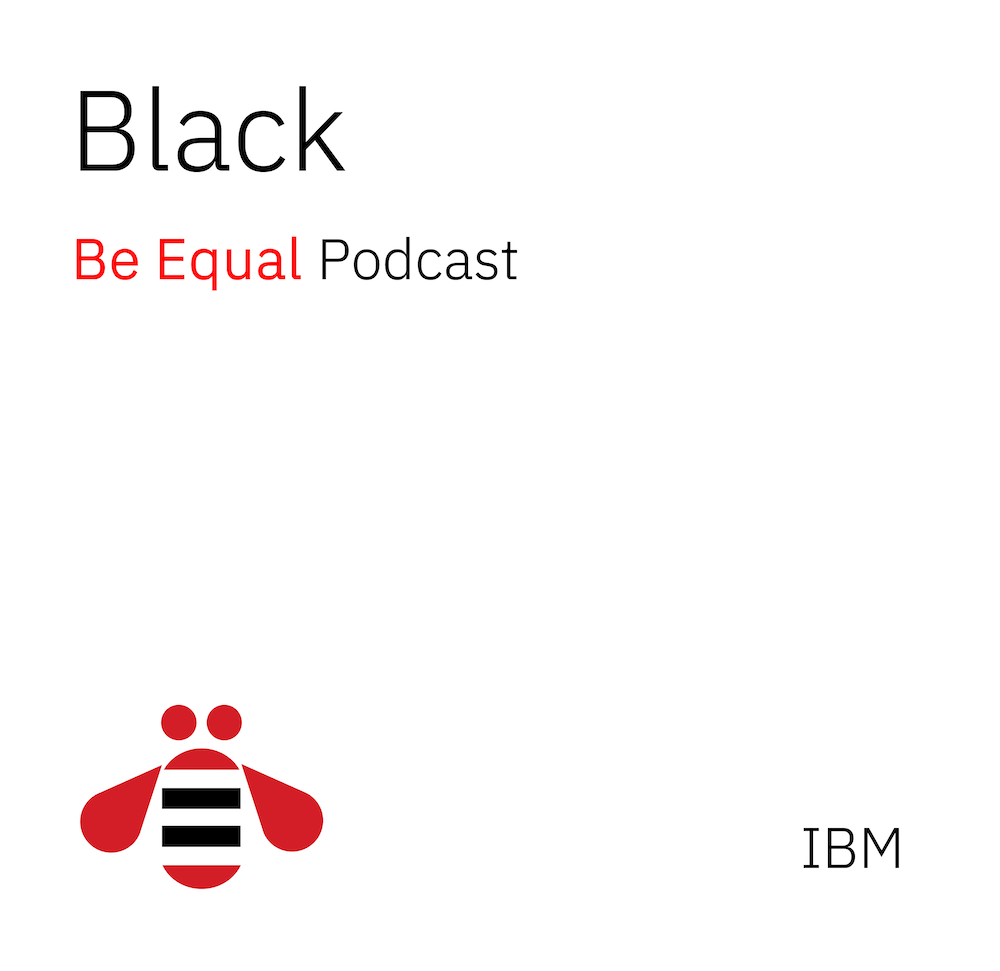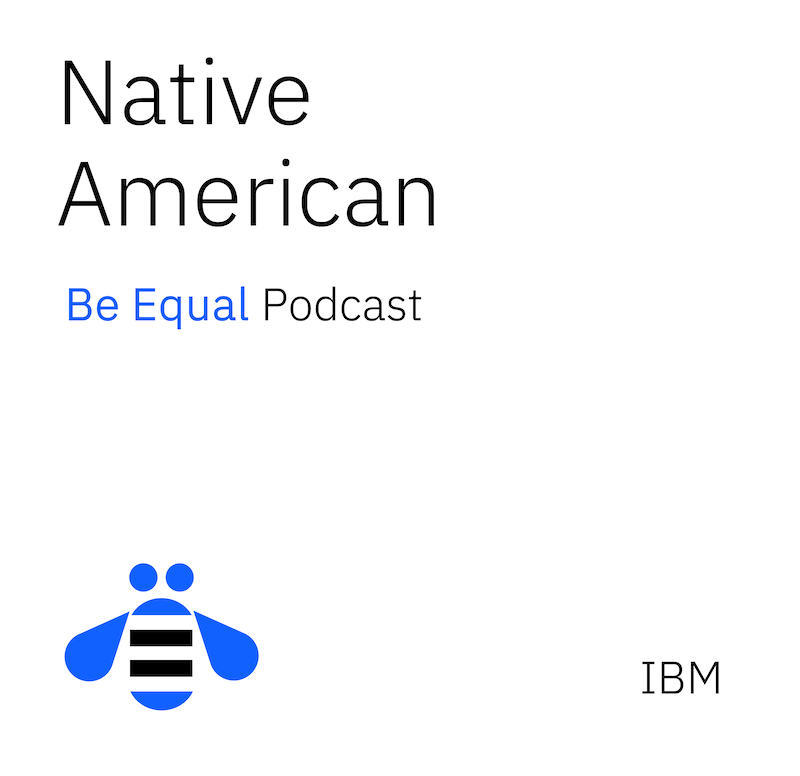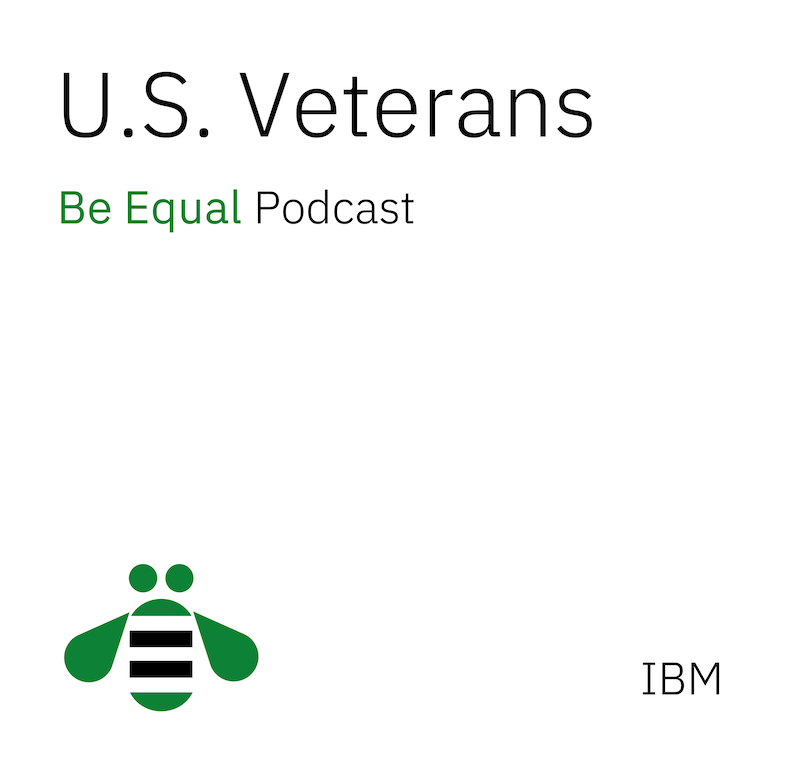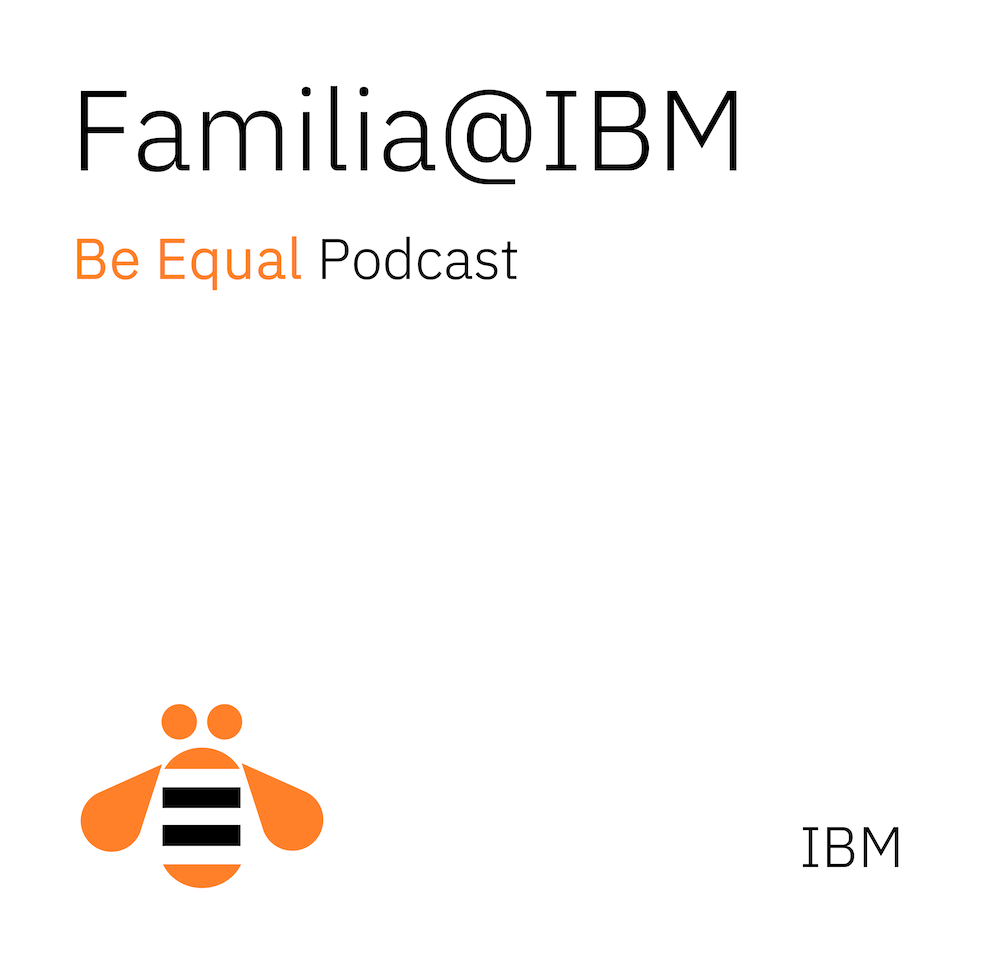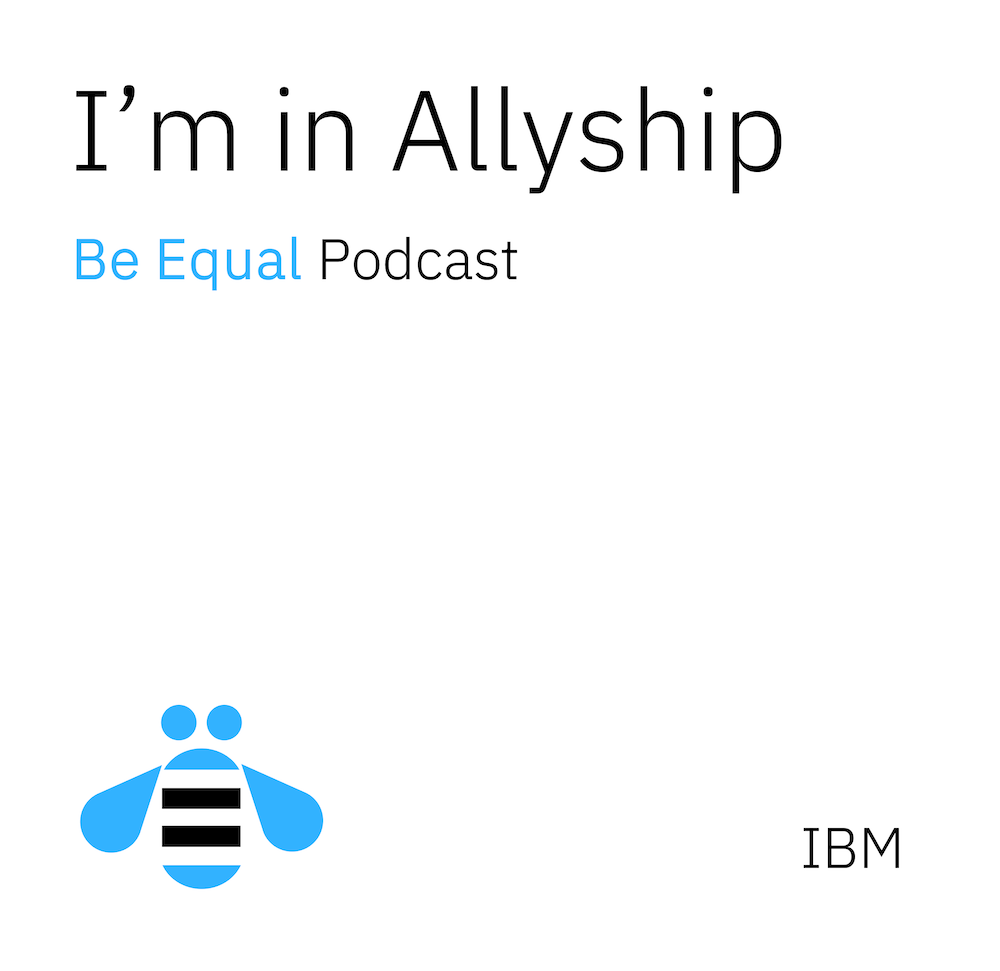LGBTQ+ – Thriving through Allyship
- 0.5
- 1
- 1.25
- 1.5
- 1.75
- 2
Jill Stewart: Hello and welcome to our IBM Be Equal podcast. I'm Jill Stewart, the Director of Diversity and Inclusion at IBM. Thanks for joining our conversation around D& I to learn how we at IBM are continuously looking for ways to expand equality and allyship across the enterprise. We have eight D& I communities focused on making a difference for underrepresented groups, and here is an opportunity for you to hear directly from our IBMers. Every month, we have a new episode, so enjoy.
Joy Dettorre: So hello and welcome to our Be Equal podcast, where IBMers have the opportunity to be vocal, be powerful, be proud, and be heard, and share their active allyship. Our podcast series explores seemingly simple issues that we all face, but don't often talk about out loud. I'm your host, Joy Dettorre, and I'm the Global Diversity, Equity and Inclusion Leader at IBM. My pronouns are she and her. I'm speaking to you today live from South Florida, which is also known as the ancestral lands of the Miccosukee and Seminole nations. And today, I'm here with three IBMers. You're going to go ahead and have the opportunity to get better acquainted with each one of them. I'm going to say their names and then you're going to hear their voices, and then we're going to go into the questions. So the three IBMers I'm here with today, I wanted to first of all welcome Raquel Katigbak, Mike Hollinger, and Gemma Woodcock. And with that, I think I'm going to let you put your voices and names together. So Raquel, let's start with introductions with you.
Raquel Katigbak: Thank you, Joy. You're amazing at this by the way.
Joy Dettorre: Thank you, Raquel. Maybe they'll ask me to keep coming back.
Raquel Katigbak: So my name, as Joy said, is Raquel Katigbak. My pronouns are she/ her. I have been a fervent IBMer for the last 12 years. My current role is leading technology and innovation for one of IBM's largest telco clients.
Joy Dettorre: Excellent. Thank you. Raquel. Gemma, how about you?
Gemma Woodcock: Hi, I'm Gemma Woodcock. I'm based here in the UK. I've been at IBM for, well, nearly 40 years now, 25 of them in data and in a customer facing role. And I'm a proud trans woman.
Joy Dettorre: Excellent. And Mike, I think we'll put the exclamation point on our introductions with you.
Mike Hollinger: Thanks, Joy. So my name is Michael Hollinger. I'm here in Austin, Texas and I'm a Distinguished Engineer and Master Inventor in IBM's Sustainability Software Team. I also lead Out at IBM Austin, one of our business resource groups, which we'll come to in a bit.
Joy Dettorre: Excellent. And now that we have the introductions over and you've been able to associate their voices with their names, I'm going to go ahead and not disappoint and ask my first question. So Raquel, I'm going to come over to you first. Can you tell our audience about your own journey to allyship with regards to the LGBTQ + community?
Raquel Katigbak: Yes. So I came to getting involved with IBM's LGBTQ+ community as a parent to a non- binary kid. So my eldest came out about three years ago as a gay, non- binary person. And the first time they started talking about it, they had called all the family together in the living room. It was a very hot day in our family house in Rome. And they were so emotionally overwhelmed. They were crying. I couldn't even understand the words that were coming out of their mouth actually, and I had to turn to my husband going, " What is it that they want to say?" And it was my youngest, actually, who said, " Mom, they're gay and non- binary." So that was just a light bulb for me because I thought, " Okay, how do I act in that moment and how do I act coming up further to help them through whatever they needed help with?" So of course, having grown up in Canada, a very, I think, gender- affirming society, more than most, I've been really lucky because I also already have a lot of LGBTQ + members in my own extended family. And so I knew that the acceptance from my own family around my eldest coming out was not going to be that much of an issue. It was more about how the immediate Italian family would be able to react because, of course, very traditional. The nona, the grandmother, my mother- in- law was, at the time, in her late 80s. I didn't even know if she was aware of what LGBTQ stands for so I knew that there was a little bit of a journey going through there. So my first port of call really was tapping into IBM and the community of our LGBTQ + community here in IBM specifically because I just needed answers. And so Slack was my biggest friend in those first few months. Getting to know the Italian BRG, Business Resource Group team, and having some really terrific support from individuals in IBM who themselves had gone through that journey, who were parents of LGBTQ + community members themselves. I got so much support from there and that really started my journey as an active ally. I would say before that, I was performative, to really be ashamed to say that. But it was true and it was more about just saying, " Yeah, of course I believe in LGBTQ + rights." But the more that I got involved with the community, the more that I understood the different challenges that were really there and the more that I wanted to really give back with blood, sweat, and tears to really raise the voices and have more of those stories heard.
Joy Dettorre: I will tell you, first of all, thank you so much for your courage and your vulnerability. I'm so glad that IBM was here to help you and to love you and Elvis and your entire family through this because it absolutely is a family journey. I am proud to say, for those of you that don't know, IBM does have a friends and family support group for the LGBTQ + community. And Raquel, you are such a staunch supporter because it's personal, right? And then there was something else that you mentioned, Raquel, that I think is so important for all those parents who are out there. This impacts not just an individual. It impacts an entire family. And so if there are family members who are out there and who are struggling, I hope they find inspiration in your story because it was something that you said that really resonated with me and that was, " How did I act in that moment?" because it was really going to matter. So Raquel, thank you so much for sharing. Gemma, I'm going to come over to you as I get the lump out of my own throat from Raquel's story. I wanted to talk to you a little bit about allyship. Let's keep this conversation thread going. If you feel comfortable, I know that you have a powerful story. Would you be willing to share the powerful story of when someone demonstrated allyship to you?
Gemma Woodcock: Lots of people have demonstrated allyship in different ways. And in fact, Joy, you are the person who first demonstrated allyship to me. Wow. Must be nearly eight years ago now when I was first in a position to talk about being trans to somebody in IBM and we ended up talking vividly. Remember, you were the first person in IBM to ask me how I wanted to be addressed, what my name was, which really touched me. And you put me in touch with a resource group. And years later, the support that I got from the resource group was part of what gave me the confidence during lockdown to finally bite the bullet and to change my name and to professionally transition within IBM. And so that was, what, a couple of years ago? Two and a bit years ago? And not long after that... So as I said, I've been in IBM a long time. I'm a senior technical person and I was invited by Raquel to sit on a panel of senior women in technology to talk about their experience of how they had got to be senior and the challenges they had faced. And I wasn't invited as a trans woman. I was invited as a woman. I mean, Raquel, you talk about being a passive or being an active ally. That absolutely is active allyship. It made me feel wonderful. Really wonderful. And it made me feel truly part of the women's community within IBM, as well as obviously being part of the LGBTQ + community. So that, to me, will always be one of my highlights.
Joy Dettorre: Gemma, I love that. And I wish everybody that's on the podcast could actually see how big our smiles are and the validation and the recognition of one another. Thank you so much. And I would say, Raquel, thank you so much, as well, for validating the importance of Gemma and Gemma in her new skin, and Gemma showing up at IBM in her most authentic way. And I will say not only for Gemma, but also for your Elvis, the importance of people realizing that we are such complex individuals. None of us shows up as one- dimensional. I know that we've heard the term" intersectionality" used and many times we use it incorrectly than its original intention, so I'm going to use that we're multidimensional. We're cross community beings as humans and validating the validation experience that you had with Gemma to bring her along in all of the dimensions that she could contribute to that experience of technical women at IBM. So thank you for being an amazing ally, Raquel. And Gemma, thank you for sharing by the way. So Mike, I'm going to come over to you. We've heard the words used already, " business resource groups." And for people who are not familiar when we use the term" business resource groups," you might hear it in other organizations referred to as" employee groups" or" infinity groups." But at IBM, we choose to call them business resource groups because we believe having these affinity connections. It is core to who we are and it is instrumental to our business. In addition to that, we have 200 business resource groups worldwide and they span 52 countries. So they happen to be one way that we expand our diversity and inclusion strategy. So with business resource groups as a context for diversity and inclusion at IBM, from your perspective as a leader of business resource groups, and you mentioned Out at Austin, what is the purpose of business resource groups at IBM?
Mike Hollinger: So Joy, you made a point and highlighted a point around being multidimensional, right? And this is one of the ways that I actually define myself. I'm a dad. I'm an engineer. I'm an executive in the company. I am a husband. These are all different things that are just me. I'm me shaped. The business resource group, as a context, offers employees, offers IBMers a place to connect with other people that are in that same context. And what's unique about IBM here is that we have what I call the mothership in that there's the corporate structure. We have the international leadership for our LGBT + employees, persons with diverse abilities, others, right? But we also have, at the local level, a leadership organization as well. For Out at IBM Austin, we actually define the group and draw back to three themes. Those are eminence, professional growth, and community give back. And those themes are important because that's how we can know where we're going to choose to invest, where we're going to choose to engage, and how to make the most impact for people. As an example, I was actually at a networking event and a new hire reached out to me. He'd done an internship program that we have for top talent called Extreme Blue. I did that a long time ago. And he'd written patents and I'd written some patents, and we said, " Hey, we should collaborate." And a few months later, we ended up kickstarting something we're calling# ATXInnovation, which has been running for over six years. We've helped hundreds of IBMers write their first invention disclosures. So these people are now a title we have called Master Inventor, which recognizes community impact for intellectual property. And we partner with Familia at IBM Austin and the Austin Technical Vitality Council to scale this. That wouldn't have happened without a chance conversation over a coffee. I love that we can do that.
Joy Dettorre: And the serendipity in the moment, I mean, who could have ever predicted this chance encounter? Again, it really reinforces. Mike, thank you so much for talking about not only is it the commonality of what we see that makes us have something in common. We're all, at the very core, IBMers, but there's so much more to us. And here was this business opportunity six years later and you are helping other IBMers not only develop their skills, explore their passion, and contribute to the greater good all because of opportunity. So Mike, thank you so much for doing that for IBMers.
Mike Hollinger: Absolutely.
Joy Dettorre: I wanted to go to my next question. And Raquel, I think I'm going to come back to you. I know that you have shared your story about you had family members who happen to be members of the LGBTQ + community. You identify yourself as an ally. And so I think it's really important as we build allyship outside of the LGBTQ + community. How can individuals outside of the community better support the entire spectrum of individuals within the LGBTQ + community?
Raquel Katigbak: Joy, I think that's a great question and it's something that I've been thinking about a lot as we, of course, want to reach out to the broadest segment, which is the ally segment, to help raise LGBTQ + voices around the world. I do think that folks who want to be allies have to understand the burden of responsibility and the burden of action so that the recognition that there are stories out there, of experiences that are likely never going to happen in your own lifetime to yourself, but are touching people whose lives are affected, whose families are affected, et cetera. So recognition that those individuals are out there, that you do want to satisfy your innate curiosity to get those stories heard, understand your own biases that may prevent you from understanding or even empathizing with that person, and then also getting over your biases of inaction. I do think it's really interesting. Again, I keep thinking to myself about this difference between a performative ally and an active ally, and it's something that I always want to struggle with every day because I want to make sure that I'm on the right side of action. As opposed to just talking about something, let's put something in action. So I do think that recognition of biases, the recognition of understanding, the recognition of really, I think, fulfilling your curiosity of, " What can I do next? Who should I be reaching out to? Is there a group within my organization or within my community that I should be challenging myself to learn more about?" And then getting to know people within that community so that you then can understand what is it that they need to work, to understand really what is the support that they need, and how you as an individual can act. And this is one of the reasons why I think the whole initiatives around the Vital Few squads are going to be really important, and I think it's a way of giving back to the community to take volunteer work outside of your day- to- day to then do something for that community.
Mike Hollinger: So Raquel, y'all can't see this, but I have a lanyard with my IBM badge on it, right? But it's an IBM LGBT + ally lanyard with all the different colors. Gemma's got one as well. And we've all got these, right? Raquel just showed hers. And I wear this. I used to always put my badge or my hip or my belt when I first started as a new hire, and then I couldn't wear my belt wallet just because no one would fire me if I didn't show it unless I showed it. And then I realized it's really important to showcase that allyship, right? And now I proudly wear the lanyard, and I have to keep my badge to wear the lanyard at this point, but I wear it to offer folks a chance to have that conversation. And probably about once every couple of months, someone asks a question or they bring up something, and it's a chance to go from that performative allyship to actually making an impact in someone's life. So I think that's an important point to make.
Joy Dettorre: Yeah. It's a visual symbol of, " I'm a safe space," so thank you for that. I also wanted to bring up a question for Mike. One of the things before I get to your question, Mike, and Raquel and Gemma, I've actually had people at IBM who identify as transgender tell me this. And that is, " Coming out and identifying as transgender to be my authentic self was a matter of life and death." So Mike, I'm going to come over to you as a business resource group leader of Out in Austin and I know that you have done so many impactful things over the years. So I want you to be able to tell our listeners, from the perspective of a business resource group leader, can you share what is your proudest moment about LGBTQ + inclusion at IBM?
Mike Hollinger: I actually joined IBM because at the time, we had taken steps to add genetic privacy to our corporate policies among the other four steps in the DE& I policies in the corporation. And I found that amazing as a college student that way back in the day, I won't say how long ago, when it was a little bit more expensive and a little more arduous than what there is today, that the company had already chosen to make that something that we take seriously. That, I think, plays out at all levels on behalf of the local, on behalf of the national leaders. We engage with folks in the community. I actually had the chance to speak on behalf of the IBM corporation on the steps of the Texas legislature calling out discriminatory legislation, one of the so- called" Bathroom Bills," and it was a powerful moment seeing the coalition that was built up and seeing everyone's different perspectives come together to align around that moment. And I'll tell you, recording one of those things on a blustery day with a little podium that was a standup podium and a microphone and a couple of cameras and that was it, I didn't know we were going to be on international news truly until someone texted me and said, " Hey, I heard you on NPR. That's amazing." And what's remarkable about it is that that's one of those chances to be a force multiplier for good and I really appreciate that. And I love that we get to go do things along those lines.
Joy Dettorre: So Mike, thank you so much for sharing the importance and the impact that you had with Texas legislators and being able to share your personal story about the importance of how this legislation didn't just impact you as an IBMer, but it impacted individuals where they live and where they work. And just for perspective, I wanted to talk a little bit about legislation and where we are today in 2023. So far, we have seen 540 anti- LGBT bills introduced into the United States and 220 of those are anti- trans, and 70 of them have been enacted into law. The other thing that I want to share for perspective is the size and the impact of IBM. As a global company that does business in more than 170 countries. We talked about legislation just in the United States. But as a global company, for perspective, there are 27 countries outside of the United States where IBM does business, where being a member of the LGBTQ + community is criminalized. So when we talk about the importance and the impact of legislation on individuals and their lives and it being a matter of being able to live safely in their communities, it's important that we understand how we support our employees. So with that, Gemma, I think you wanted to share something.
Gemma Woodcock: BRGs and allies are absolutely fundamental here. I mean, here I sit thousands of miles away from the states where these terrible things are happening. But I'm a trans woman and they impact me indirectly, but they still impact me. There's potentially stuff happening in the UK. But as you say, there are a lots of other countries in the world where things are even worse. And the fact that we all, as part of the community, get this impact, this emotional load, it's so helpful having a community where not just we can be ourselves going into the office, but we have a community where we can really share how we are feeling. Not just to other trans/ non- binary colleagues, but to the wider LGBTQ + community and wider than that to our allies. That is a very powerful thing and it counteracts a lot of the negativity that we inevitably feel, given what's happening in places like the states at the moment.
Joy Dettorre: And Gemma, with that, you mentioned something, and I'm going to close with you as my last question. You talked about the importance and the burden of carrying an emotional load. And speaking of that emotional load, I'm going to let this be the last question. A lot of times when we talk about allyship, we often think that allyship means outside of the community. However, we've also spent time talking about the importance of diversity within the community. So can you spend a little bit of time talking about how the LGBTQ + community and members of that community can be better allies to one another?
Gemma Woodcock: So the first thing I would say is that in my experience in IBM, I've experienced fantastic allyship from the community. In fact, most of the people who have really supported me sort of close, one- on- one, they're not trans, but they are part of the wider LGBTQ + community. And then there are allies outside of that as well. But within the community, I think certainly we do see, if you like, in the wider world, tensions between different parts of the community. Absolutely we see that. But I think for me, one of the things that really helps in terms of pulling, let's face it, what is quite a disparate community, we're talking about different characteristics that have been pulled together under the rainbow. And what really pulls us together, we talked about intersectionality, you touched on that before, but telling stories and sharing experiences and being able to understand that, " Okay. Well, this person who's talking is a gay man in the states. I'm a trans woman in the UK. But look at these things that we've got in common. The upbringing, the lack of language as a child to be able to understand what you are, to understand your own identity." All of these things, I think, are really powerful. And it's also powerful to see the differences and to understand the differences. Only last week, I was on a fantastic call talking with somebody in Spain talking about how the Spanish language has no concept of not being masculine or feminine, the whole language. And therefore, being non- binary in a world where even the table you're sitting at is masculine or feminine and the house that you're in and whatever, everything is masculine or feminine. To try and explain to somebody in that environment that you're non- binary, it just blew my mind. I don't speak Spanish. I speak a fair amount of French. I suddenly thought, " Oh, yeah, maybe I should talk to somebody in French." But it's that curiosity. And Raquel, you talked about the curiosity and that learning. That's where I think there is a real strength in working together.
Joy Dettorre: So powerful. And with that, I wanted to just end by saying just because we have members of the LGBTQ + community, you may interact with them and you may have no idea because being a member of the community can be such a diverse, invisible characteristic. And here's something that's really important for all of us to remember as we think about invisible and undetectable characteristics that we don't always see. Those invisible, undetectable characteristics, they still influence who we are, how we show up at work, and the decisions that we make every day. And with that, I wanted to say a big thank you to Gemma, to Mike, and to Raquel. Thank you for your vulnerability. Thank you so much for your courage. Thank you so much for your sharing. And I know that there have been times that you or even your families have experienced incivility. And I will say this about incivility. When people experience incivility, there is research out there that says, " If I happen to be the target of this type of behavior, it impacts our emotions, our motivation, our performance. It impacts how we treat others. It even affects our attention and it can steal our brain power." So the next time we happen to be in conversations and we are not thinking about that other person's point of view, remember it impacts more than just their emotions. It impacts their performance at work.
DESCRIPTION
As we celebrate Pride Month, IBMers members and allies of the LGBTQ+ Community talk to Dr. Joy Dettorre about their personal and professional experiences through unique and inspiring stories in which IBM helped them thrive. Raquel Katigbak is the Global Client Partner for IBM Consulting and parent of a gay non binary. Gemma Woodcock is a Senior Data & AI Partner Technical Specialist for IBM Technology and a trans-woman. Mike Hollinger is an IBM Distinguished Engineer, Master Inventor for the Software area, and the LGBTQ+ Business Resources Group (BRG) Leader for the Austin, Texas – USA, community. BRGs at IBM are volunteer, employee-led groups formed around a common interest, bond, or background. There are over 200 BRG's across the company with membership in 52 countries.
Today's Host
Jill Stewart
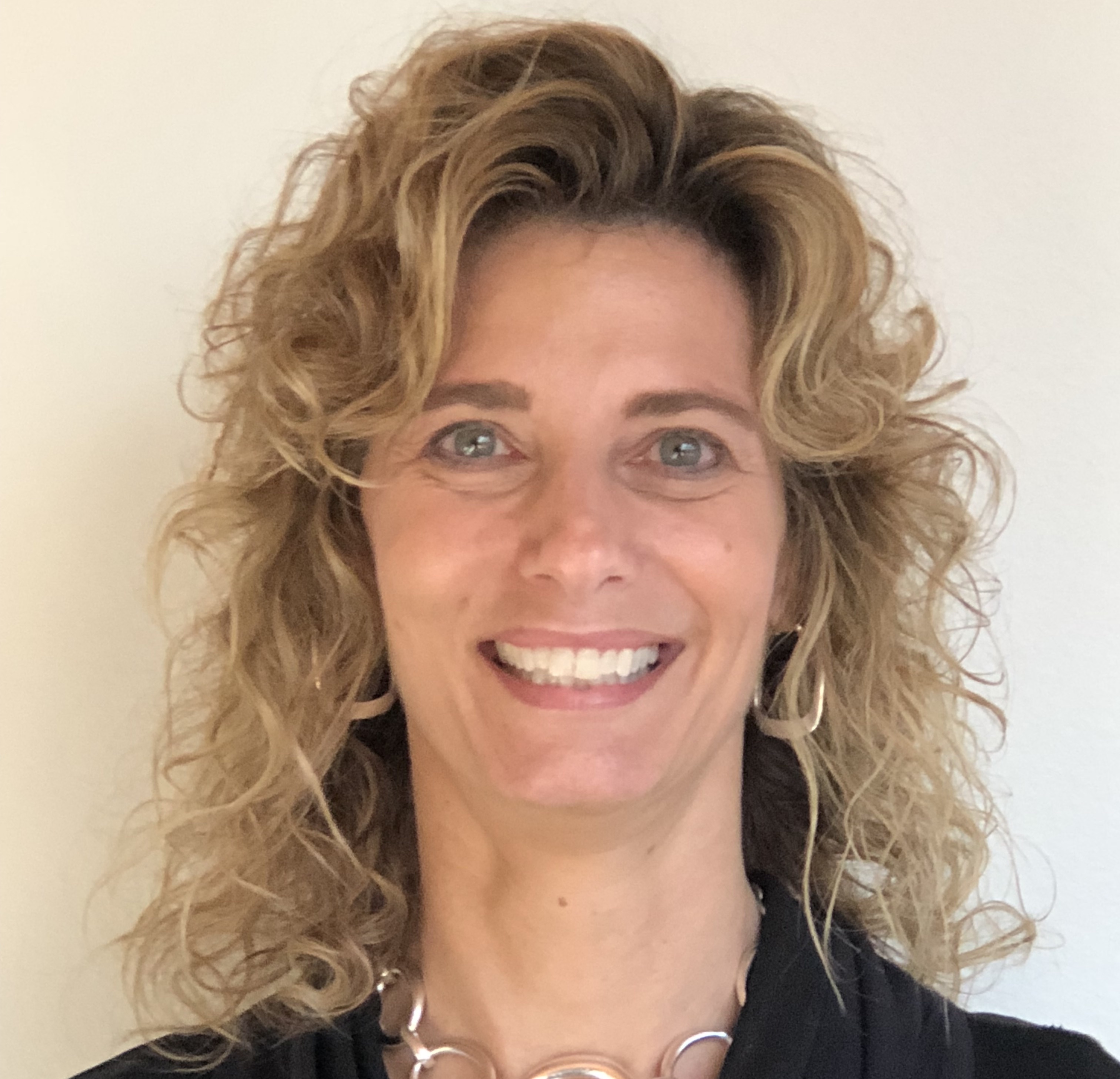
Joy Dettorre
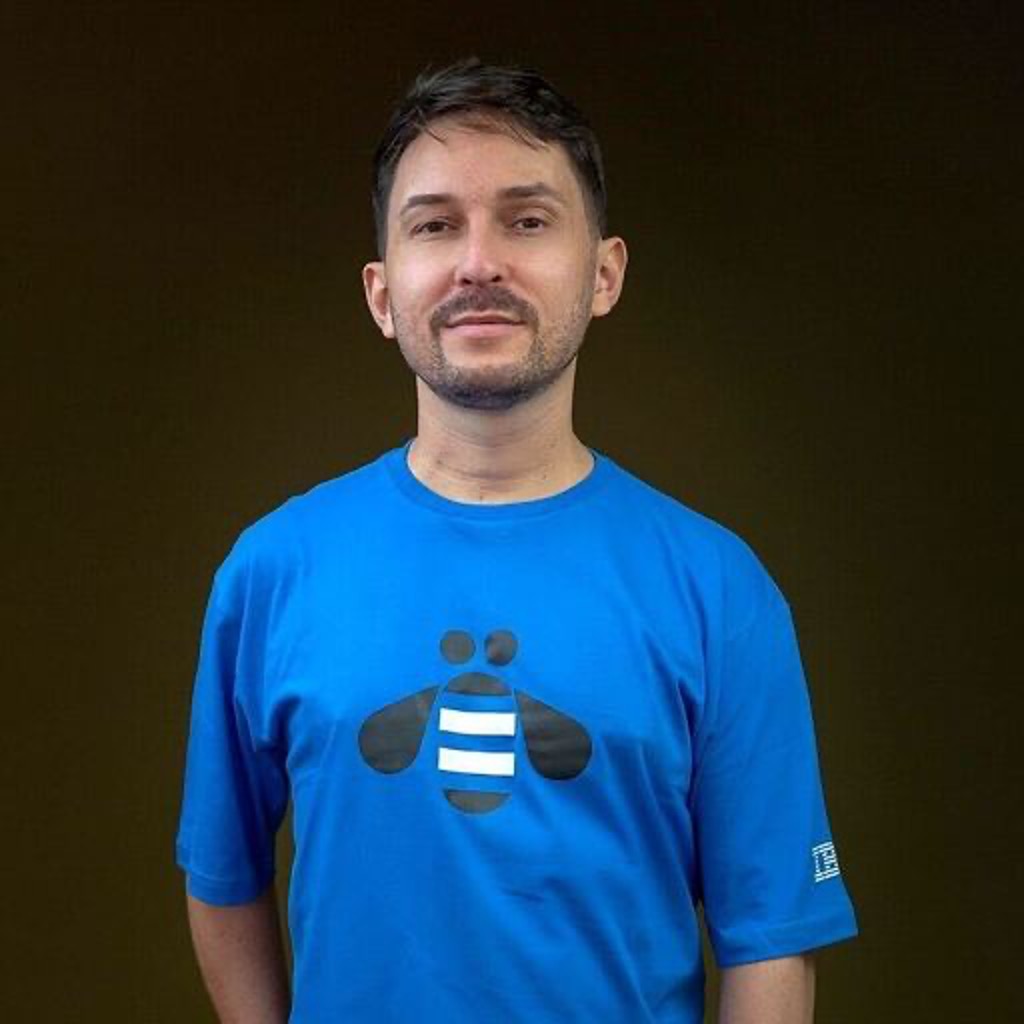
Luiz Lopes
Today's Guests
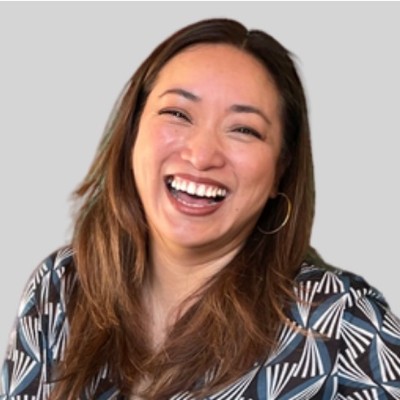
Raquel Katigbak

Gemma Woodcock
